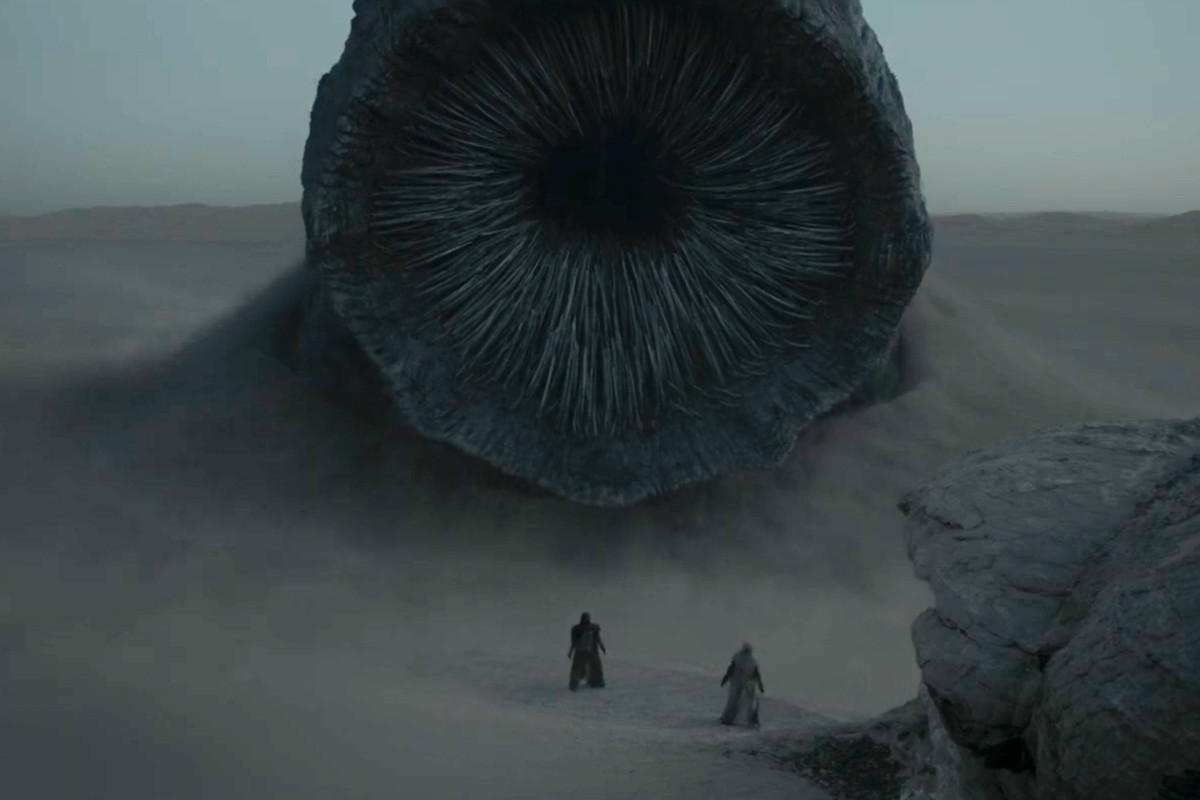Inspired by the events of the infamous Galileo affair, the English chemist, John William Draper, published what is known as the “conflict thesisâ€. The thesis stated that religion and science have been in conflict methodologically, factually, and politically throughout history. Even though this thesis was written in the 1870s, this notion is still popular today, as evidenced by a poll conducted in 2015 by the Pew Research Center that found that most people (59%) believe science and religion often conflict with each other.
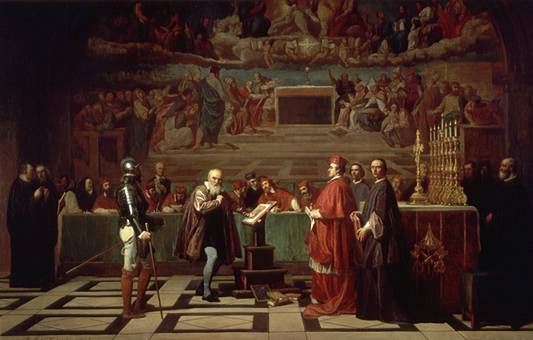
As someone who identifies as both a scientist and a Roman Catholic, I find that religion and science can definitely coexist with one another. I have never found my faith or teachings from Sunday school to contradict my personal scientific studies (shameless plug to my research) or what I've learned in my biology classes. I even find that friends from my Church community make up a large portion of my blog readership.
It's been suggested that the driving force behind this “conflict†is that scientific studies acknowledge empiricism and evidence for establishing knowledge, whereas theological studies rely more on faith and logical deduction in their discovery. Not only have I found this to be untrue in my own personal experience, but the Catholic Church emphasizes coexistence with science. The Catechism of the Catholic Church, which contains the official Catholic doctrine for both faith and morals, states that science “can never conflict with the faith, because the things of the world and the things of faith derive from the same God.â€
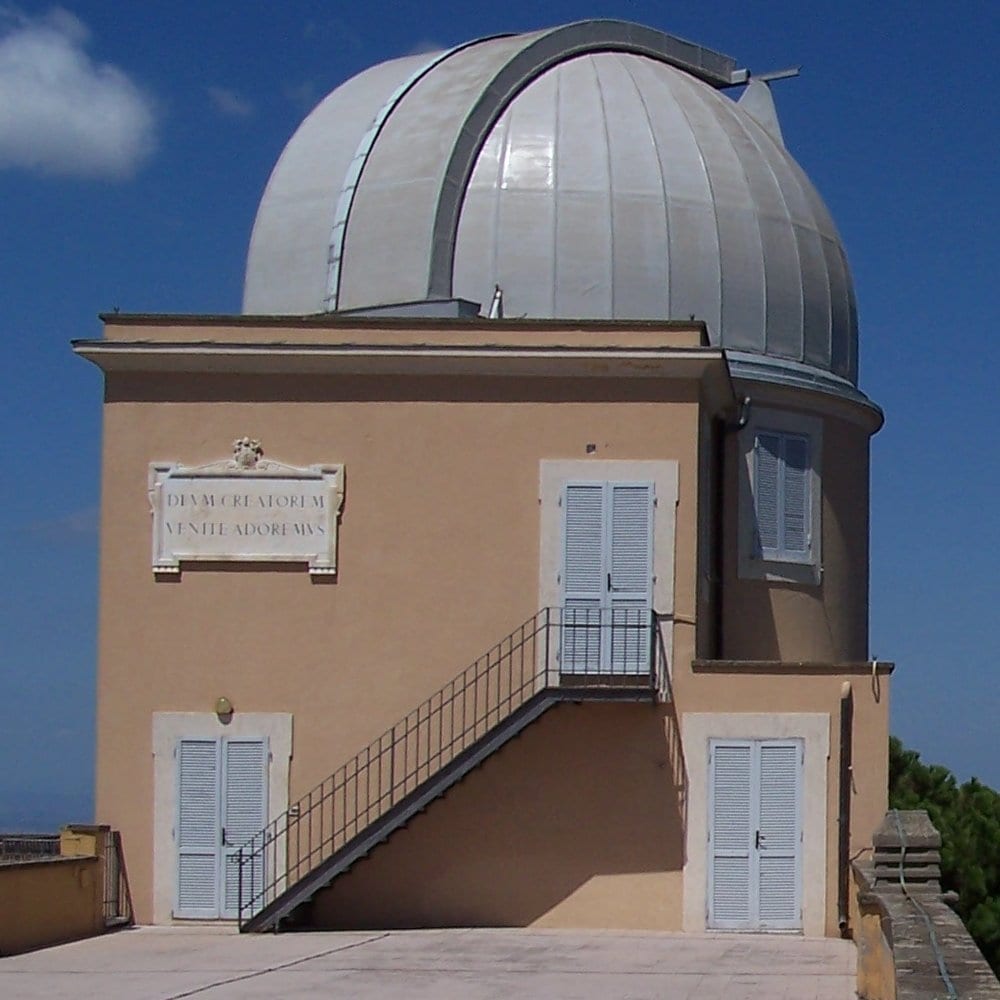
The Catholic Church not only “talks the talkâ€, but it also “walks the walk†by promoting and sponsoring scientific research. Lawrence M. Principe, a historian and organic chemist at John Hopkins University, stated that the Catholic church has probably been one of the single largest and longest-term patrons of science in history through their establishment of Europe's first universities, the Pontifical Academy of Sciences, and the Vatican Observatory.
To take it one step further, some of the most important scientific discoveries in history came from practicing Roman Catholics. Gregor Mendel's experiments laid the foundation of modern genetics and ultimately the modern understanding of biology and Darwinian evolution by natural selection. As it turns out, he was also an Abbot of an Augustinian Monastery. Another example is the Belgian Catholic priest and PhD Graduate of MIT, Georges Lemaître. In 1927, Lemaître published the first paper on the Big Bang Theory (no, not the TV show) and the idea of an expanding universe.
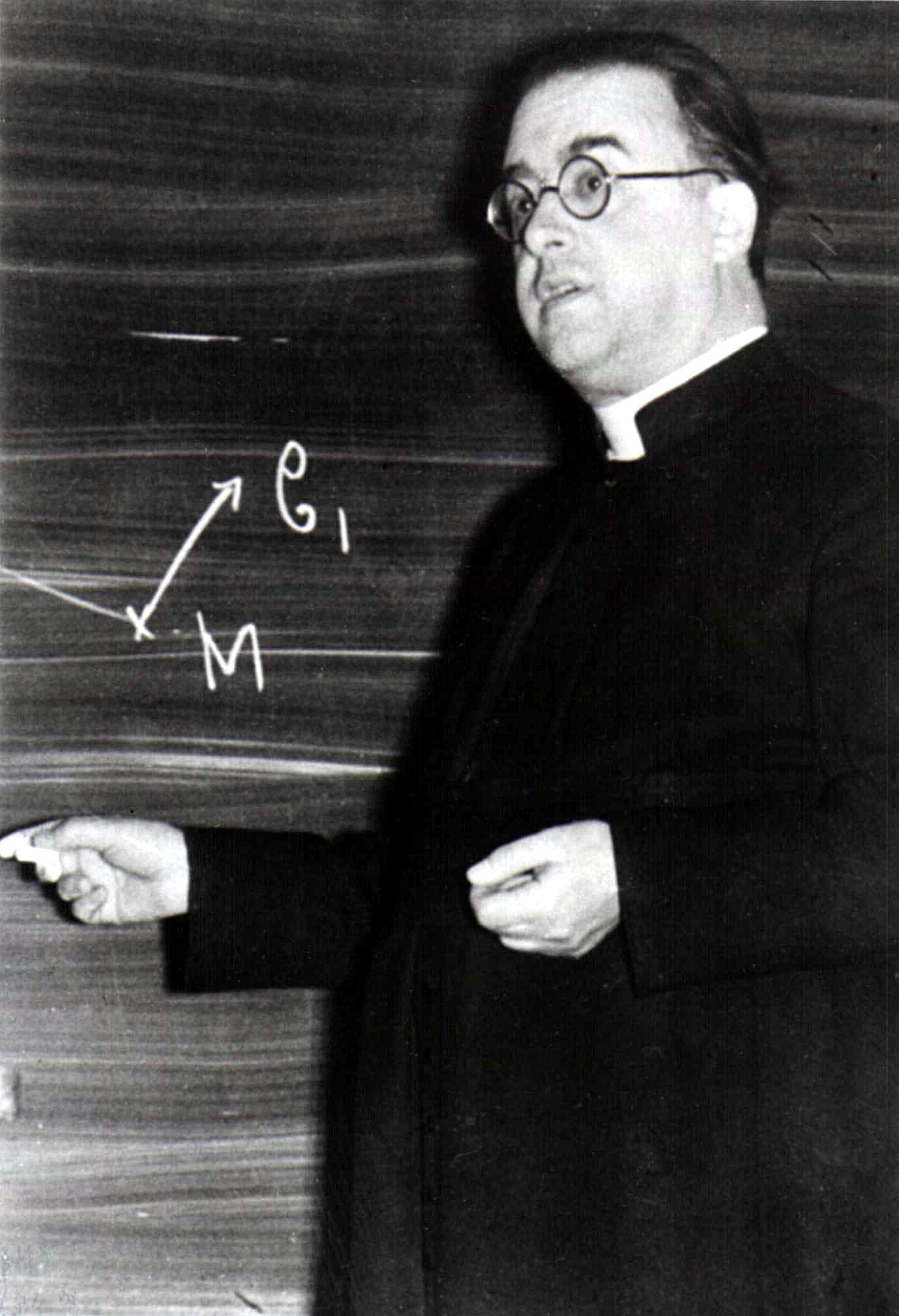
Despite these findings coming from Mendel and Lemaître, it seems as though many would suggest that the ideas of evolution and the Big Bang contradict Catholic teaching of creation. I remember sitting in my biology and physics classes and questioning my own faith from time to time. However, as I've become older (and hopefully a little bit wiser), I have found that the leadership of the Catholic Church has reconciled any perceived conflict between faith and science.
Pope Francis was famously quoted for saying that “evolution in nature is not inconsistent with the notion of creationâ€, which was also reiterated by the American National Academy of Sciences, which wrote “the evidence for evolution can be fully compatible with religious faith.†His predecessor, Pope Benedict XVI, was a supporter of theistic evolution, which says that evolution is real, but that it was set in motion by God.
The apparent conflict between the Big Bang Theory and the Bible's creation story has been addressed by the Catholic Church as well. Pope John Paul II stated that one should read the creation story in Genesis metaphorically. Pope Francis has expanded upon this further by claiming that the Big Bang Theory “does not contradict the divine act of creating, but rather requires it.â€
While it may not yet be the public opinion, it is very evident that the widely held belief of the Catholic Church as being anti-science is incorrect. For those interested in finding out more about other religions' beliefs about science click here. No matter what though, always remember this: science and religion do not necessarily have to conflict with one another.
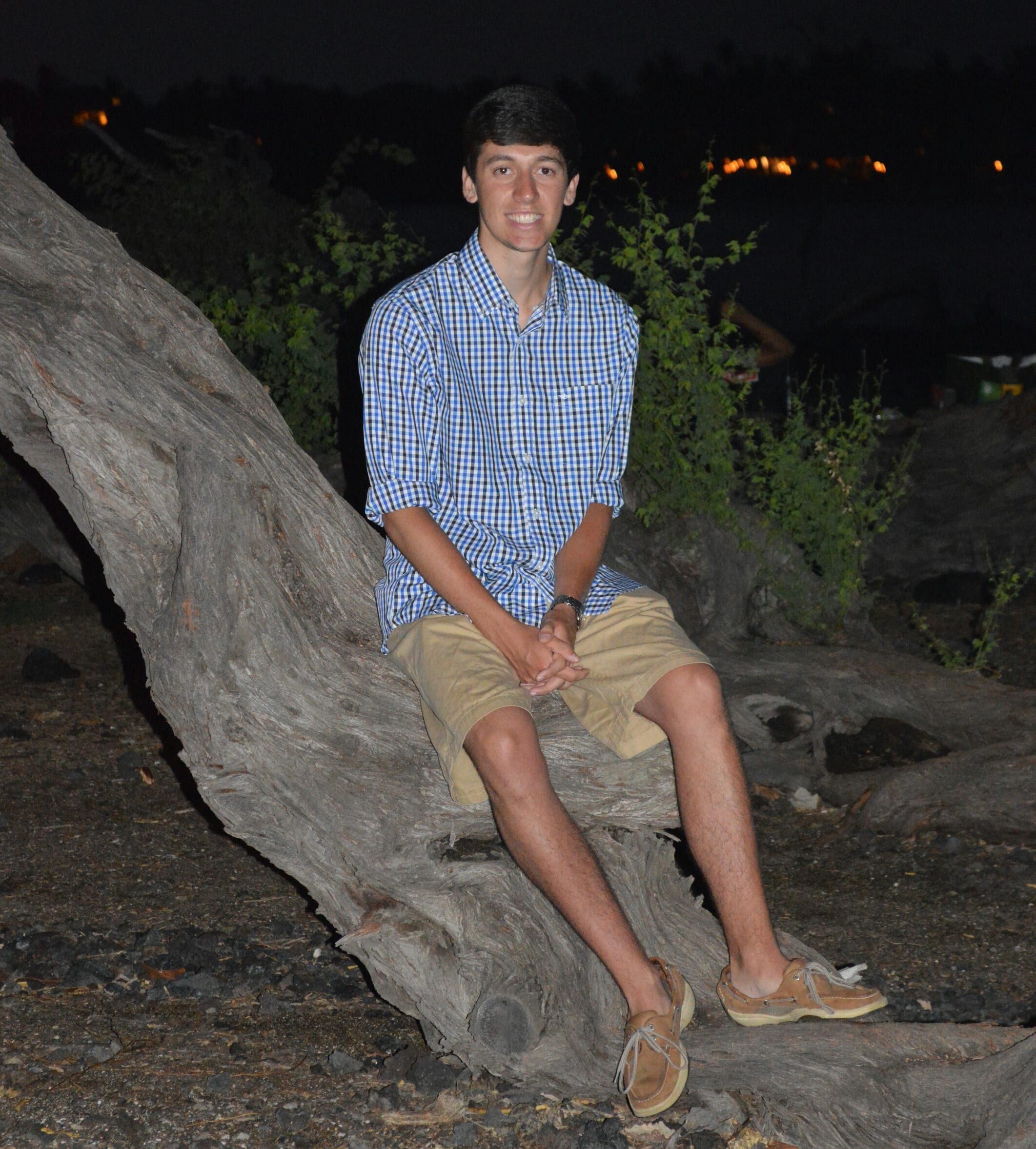 Jonathan Waring is an Athens native and an undergraduate student studying Computer Science at the University of Georgia. When he's not watching Netflix in his room, he can be found watching Netflix in his friends' rooms. He aspires to pursue an advanced degree in Health Informatics and to one day work as a Public Health Data Scientist at the CDC. As a reminder he is just one person: not statistically significant nor representative. You can email him at jwaring8@uga.edu or follow him on Twitter @waringclothes. More from Jonathan Waring.
Jonathan Waring is an Athens native and an undergraduate student studying Computer Science at the University of Georgia. When he's not watching Netflix in his room, he can be found watching Netflix in his friends' rooms. He aspires to pursue an advanced degree in Health Informatics and to one day work as a Public Health Data Scientist at the CDC. As a reminder he is just one person: not statistically significant nor representative. You can email him at jwaring8@uga.edu or follow him on Twitter @waringclothes. More from Jonathan Waring.
About the Author
-
athenssciencecafehttps://athensscienceobserver.com/author/athenssciencecafe/April 17, 2020
-
athenssciencecafehttps://athensscienceobserver.com/author/athenssciencecafe/April 12, 2020
-
athenssciencecafehttps://athensscienceobserver.com/author/athenssciencecafe/April 3, 2020
-
athenssciencecafehttps://athensscienceobserver.com/author/athenssciencecafe/March 30, 2020






